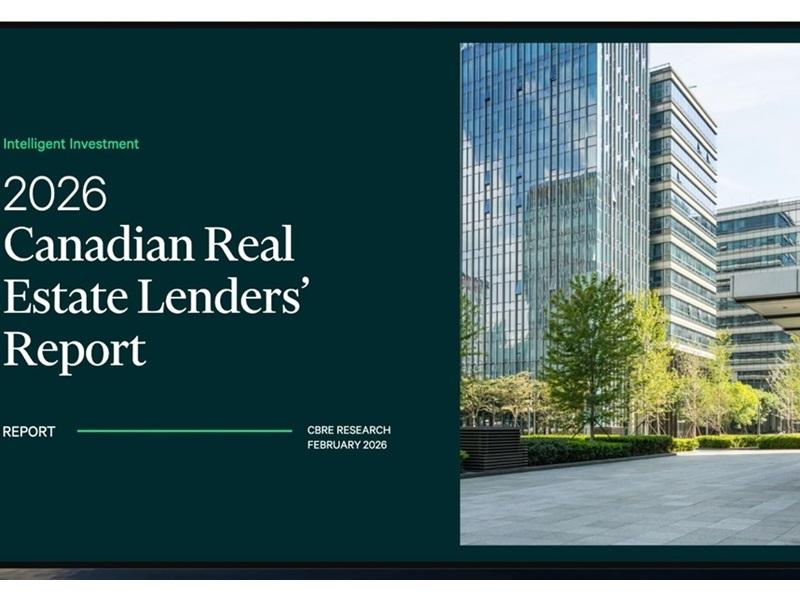Interest rate hikes during 2022 have been a hot topic in the real estate industry.
The impact has been felt across all asset classes, but transactions in the multifamily asset class seem to have been among the most affected.
This is due to the fact that the inventory of rental buildings in Canada is much older by build year than the rest of North America, or other asset classes in general. This implies that most of the ownership is more established and less likely to "need" to sell a cash-flowing asset.
Unlike office buildings that can be replaced with online work, human bodies can't live online – yet. As such, it is still the most stable asset class for cash flow.
Early 2022 vs. late 2022
Our team has diligently gathered the data pertaining to the multifamily trades from 2022 and we have done a comparison to the first six months vs. the last six months of the year.
There were of course a lot fewer trades in the second part of the year as down payment requirements rose and the buyers were not willing to pay the same cap rates as when the interest rates were half of what they are today.
The good news is that interest rates seem to have stabilized. The bad news is that the new rates are here to stay for the foreseeable future.
When interest rates were below two per cent, we always advised our seller clients that the rates couldn't go negative, meaning they were at their lowest and it was the best time to sell.
However, people tend to see prices of assets as only increasing when in fact any investment property value is fluid – it can also decrease over time as well as increase.
Unlike a house that someone can simply "love" or "must have," an investment property has to make sense from a cash-flow and loan perspective.
What steps can owners take to ensure the price and value of their multifamily asset is kept as high as possible?
Costs for owners continue to rise
In the past 16 months, all costs have increased by more than the year-over-year index, including insurance policies, energy bills, tax bills and of course interest on the loans.
If a higher gross income (and therefore net income) is not realized, the banks will undervalue the property compared to previous years.
Even if the ownership group is not looking to sell, any refinancing will become much lower, along with the other implications of having the asset valued lower than in the past.
This means owners who previously got away with less involvement in building management, and not raising rents via renovations upon tenant departures, may not be able to score as well as those who were actively involved in the day-to-day operations of a building.
Rental increases become essential. So does a general tighter management style of the building, such as looking at new revenue sources – renting the rooftop for antennas, charging for storage space, perhaps replacing the laundry machine lease with owned machines, etc.
The focus of any diligent ownership group at this moment should be increasing the net operating income to protect the value of the building.
If you are planning to sell . . .
In conclusion, if you are a seller for 2023, it is important to understand that higher interest rates have definitely affected pricing. Listing your building at 2021 prices will only have it expire, unless the net operating income has drastically increased.
Those considering selling should be aware of both the lengthy lists of 2022 expiries, as well as having access to sales data, either for the Greater Montreal Area, your specific borough or for the city or region where you are located.
It's essential to stay on top of the market trends and adapt accordingly to ensure the highest possible value for your investment property, something a broker should be able to assist you with.
Baron Realty specializes in matching buyers and sellers of apartment buildings. Ramona works in partnership with Mikael Kurkdjian and a team of real estate professionals to bring the best boutique-brokerage services to the apartment transactional space in Ontario and Quebec. ramona@baronrealty.ca







